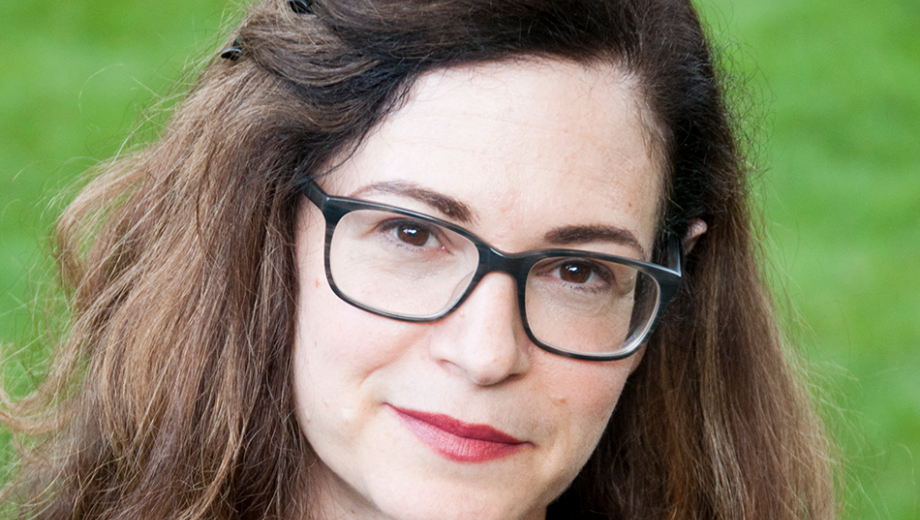How did you make the shift from graduate student to writer?
I had a very wandering academic career. Every year I did something different. I ended up doing a joint psychology-linguistics degree. I realized at some point that’s not the way to make an academic career.
In the book you go to a restaurant with Klingon speakers who insist on ordering in Klingon.
I really admired them for not caring the way that I did: Do people think I’m cool or not? I do think that has changed since I wrote the book. Geeky pursuits, or geek culture, isn’t denigrated in the same way.
Articles about Klingon get good traffic. You can Rickroll people in Klingon now.
You can also take courses in language invention at various colleges. It’s a great way to teach linguistics. What’s our sound system? How do we build words?
Was it interesting watching your children acquire language?
I kept a journal of their language acquisition—of course not as well, as thoroughly specific, as I had hoped for. You’re busy when kids come along. But I did notice things that most people wouldn’t. Mostly when they got things correct.
I remember my son said something like, Melissa is an artist. Melissa likes art. And then he put it together into one clause: Melissa is an artist who likes art. I was like, wow, he made a complex noun phrase. Most people don’t notice when their kid unlocks that achievement. You hear the mistakes, the cute missteps, but you don’t see when they just mastered something.
I ended up doing a paper at a linguistics conference. I thought this might be my next book, but now my kids speak fine and I’m not interested anymore.
The Wikipedia article about you claims, “She can communicate in English, Hungarian, American Sign Language, and Klingon, and has a good passive command of Esperanto.” Is that accurate?
Yeah, and that’s a good fudge, because when you tell people you’re a linguist, they want to know, how many languages do you speak? Well, what does it really mean, to speak a language? I have a semester of Chinese, I took one course in Swedish, I can fake it in a lot of languages, but I wouldn’t say I speak them.


Comments
inner speech
I constantly have inner conversations -- imaginary ones, rehearsals of actual ones, debriefings of events, etc. I wrote a D.Min. paper on prayer that makes use of these categories. Wholistic Prayer, Pastoral Psychology, Spring 1977.
I also repeat, like mantras, phrases I have just read or heard. Similarly, I have tunes running through my head.
Visual stuff -- no. I have poor visual imagination. I suppose that artists have an inner life of images.
There's a lot to be learned about inner speech, I think, from traditions of prayer. The Jesus Prayer and Buddhist mantras are intended, I imagine, to replace secular or even obscene inner speech with good stuff.
And there's a whole tradition, across religions, of wordless prayer, of emptying the mind. I've never been able to do it, but those who do speak of union with God in such emptiness. 1 Kings 19:12 seems to identify God with silence.
Where can I find more of your work on inner speech?
Warner White
whit802@gmail.com
Add new comment